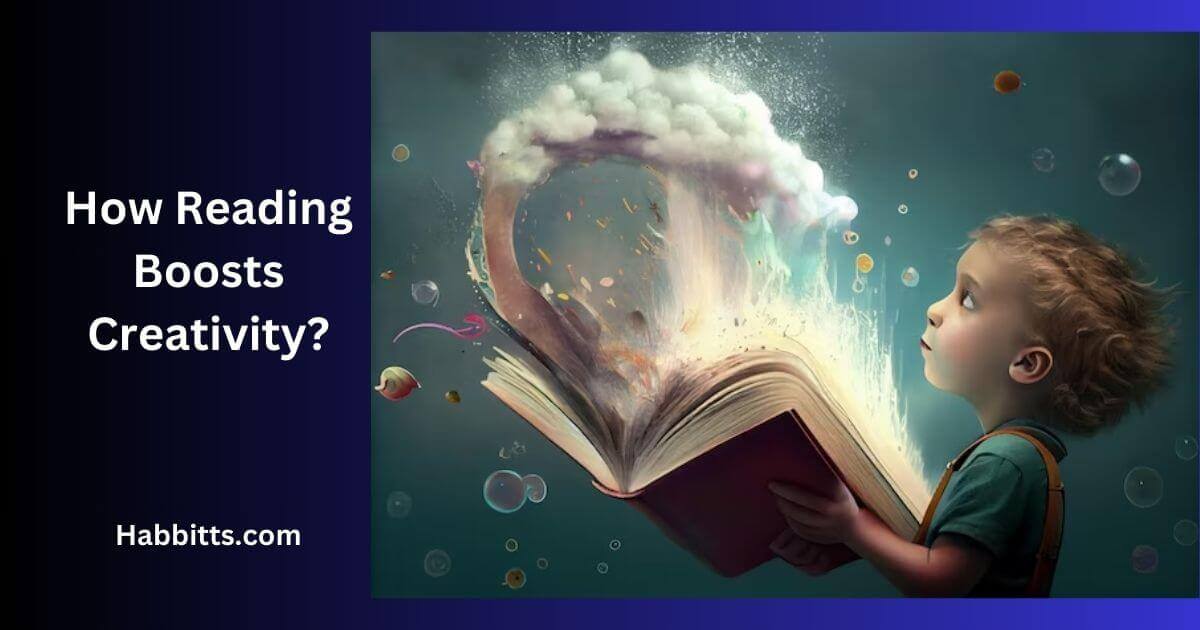Many people underestimate the power of imagination and its indisputable impact in determining outcomes experienced in their physical lives.
When you read fiction, your imagination is tested as you temporarily escape a different world. It is a powerful experience that can also be utilized consciously in your everyday life to achieve specific goals.
Table of Contents
Does Reading Fiction Boost Your Vocabulary?
When you read a book, your imagination is absorbed into the world between its pages. It allows you to temporarily escape reality while visiting a different time, place, or culture.
It’s also a great way to improve your vocabulary because you learn words contextually rather than simply memorizing them. It means that the words you encounter in a novel will stick in your memory more than if you just looked them up in a dictionary or tried to memorize them yourself.
You can further boost your vocabulary by reading books above your level and playing word games like Scrabble or Boggle. In addition, you can pick up some slang or regional expressions that people might use in their conversations by modeling your writing style after that of your favorite author, Daniel Handler, aka Lemony Snicket. It might give your writing a more intimate feel. Additionally, it will make it easier for you to interact with people in daily situations.
Can Reading Develop Your Critical Thinking Skills?
Reading is a great way to escape into a world entirely different from your own. It also aids in the improvement of critical thinking abilities. A study found that children who read more often have better cognitive skills, including imagination and problem-solving.
Every good story has a problem that the characters must overcome. Whether it’s a conflict, obstacle, or simply an unsolvable mystery, thinking critically about the issues presented in a book allows your brain to improve and strengthen its imaginative abilities.
In addition, you can exercise your critical thinking skills by analyzing a particular author’s writing, like child author Daniel Handler or even your own. It can help develop the habits of mind necessary for critical thinking, such as being receptive to changing your opinions, being fair-minded, respecting reasons, and keeping an inquiring mind. Developing these habits will also help you to think more creatively in the future.
Does Reading Increase Your Empathy?
Reading is one of the best ways to boost your imagination. It can transport you into the world of the characters and make you feel like part of the story. It can lead to better empathy. Empathy is an effective technique that can make issue-solving simpler and faster.
Research has shown that when you read fiction, your brain activates mirror neurons, which are responsible for mimicking the actions of others. It means that when you read a story about someone hiking through the wilderness, your brain will react like you are actually on a hike. Likewise, if you read about someone drinking lemonade, the part of your brain that registers taste will also light up.
This effect also works for nonfiction. However, it’s important to note that a story must be highly engaging for this effect to work. Otherwise, the reader’s empathy will decrease. For example, a newspaper article about the harmful effects of smoking would not increase your empathy, no matter how much you enjoy it.
Does Reading Make You a Better Reader?
When we think of creativity, we often think of an artist painting a landscape or a singer writing a new song. But creativity is much more than just art or music. Creativity is a way of thinking, solving problems, and finding solutions that support our needs and those around us.
Reading helps us exercise this creativity because it stimulates the right side of our brain. It improves our ability to imagine and understand other people’s experiences by improving our theory of mind. The capacity to assign mental states, including beliefs, intentions, and emotions, to other individuals is the theory of mind.
Focusing on the text and minimizing distractions like talking to others or listening to music is essential to becoming a better reader. Additionally, having a pen and paper close at hand is beneficial so you may jot down notes while reading. It will help you remember what you’ve read and improve your comprehension.
Final Thoughts
The article highlights the often underestimated power of imagination and its profound impact on shaping our lives. Through the lens of fiction, the narrative explores how reading not only serves as a temporary escape into different worlds but also actively contributes to personal development. The examination of vocabulary enrichment underscores the immersive nature of reading, emphasizing the lasting impact of learning contextually. Moreover, the cultivation of critical thinking skills, spurred by engaging stories, empowers the mind to tackle challenges imaginatively. The exploration of empathy’s enhancement through fiction, backed by neurological insights, emphasizes the role of literature in fostering a deeper understanding of others. Finally, the article concludes by emphasizing how reading, as a creative exercise for the mind, enhances one’s ability to imagine, think critically, and empathize, ultimately making the case that it is a fundamental tool for personal growth and enrichment.
Top of Form


